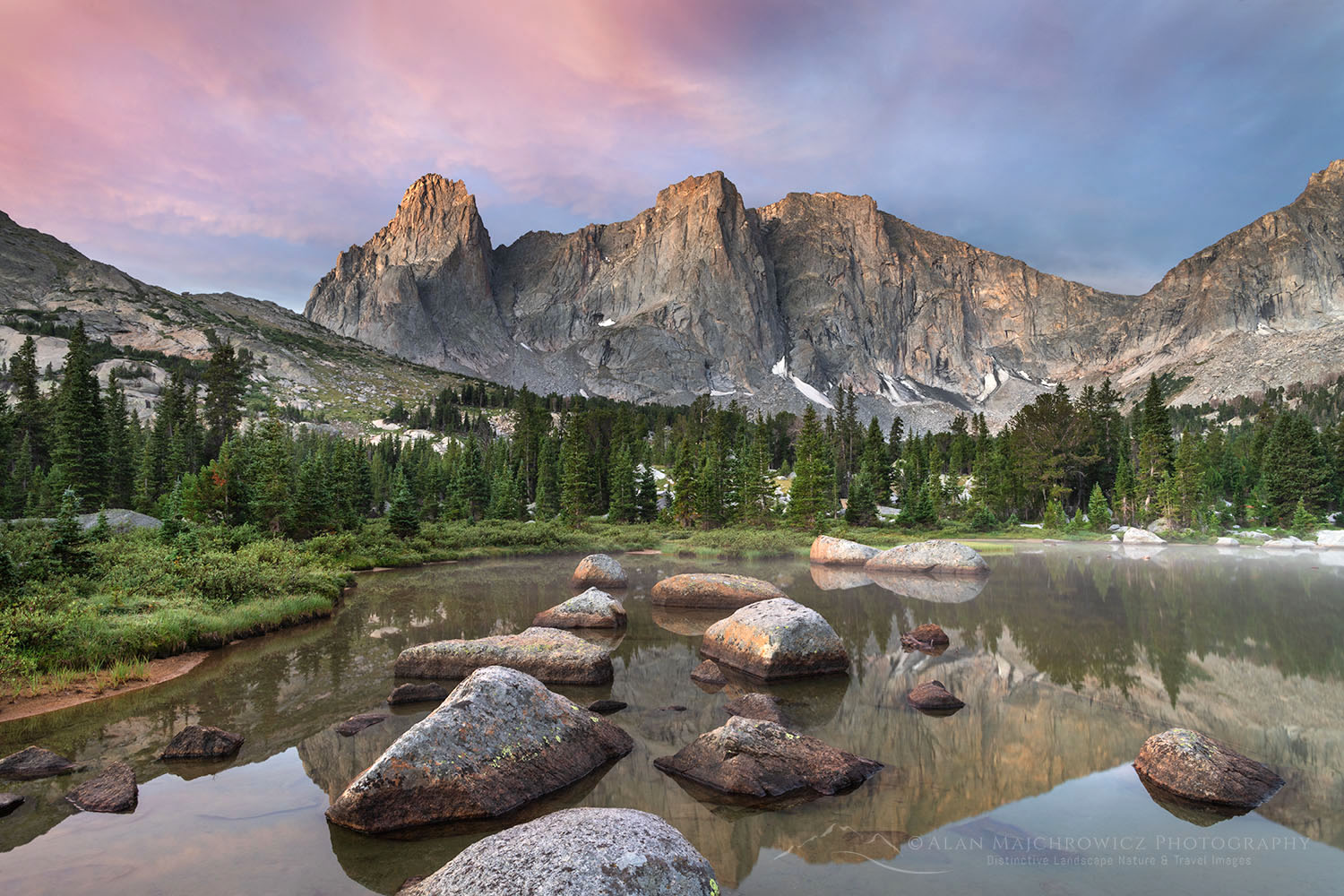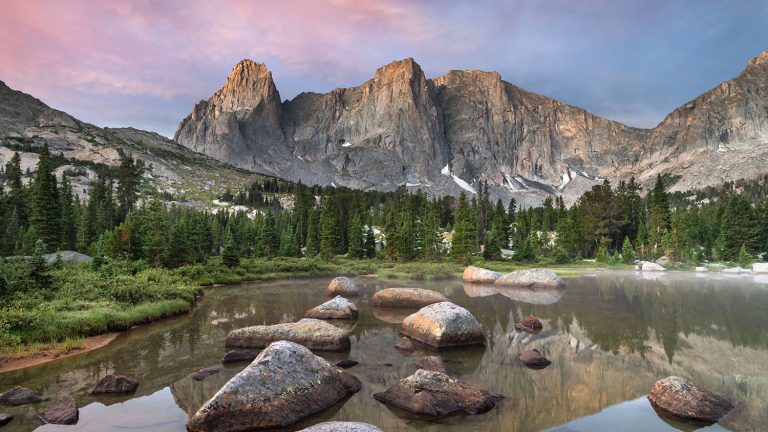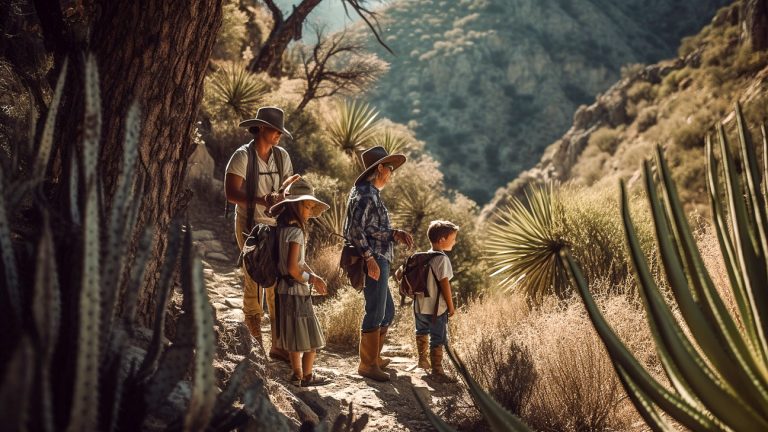In the spirit of conscious living and responsible exploration, a new era of ethical wanderings is dawning. These journeys prioritize sustainable practices, community engagement, and a deep respect for the delicate ecosystems that make up the American wilderness. From eco-sensitive camping to immersive cultural exchanges, this article explores how adventurers can embark on ethical wanderings that leave a positive impact on both the environment and local communities.

- Leave No Trace Camping: Treading Gently on Nature’s Canvas Leave No Trace (LNT) camping principles guide ethical wanderers to minimize their impact on the environment. Campers can venture into the untouched beauty of the Great Smoky Mountains or the rugged wilderness of the Cascade Range, adhering to practices that include proper waste disposal, responsible fire management, and respectful wildlife observation. Leave No Trace camping ensures that the beauty of nature remains pristine for future generations.
- Community-Based Ecotourism: Sharing Adventures, Supporting Locals Ethical wanderings can extend beyond personal enjoyment to active support for local communities through community-based ecotourism. Exploring the cultural richness of Navajo Nation or the historic landscapes of Appalachia, travelers engage in immersive experiences that contribute to the economic well-being of local populations. Supporting local guides, artisans, and businesses fosters a sustainable model that benefits both adventurers and the communities they encounter.
- Vegan Backpacking: Tasting the Wilderness without Leaving a Footprint In the quest for ethical wanderings, vegan backpacking emerges as a sustainable choice that aligns with eco-conscious values. Whether trekking through the alpine meadows of Colorado or the lush forests of the Adirondacks, vegan backpackers choose plant-based meals that leave minimal environmental impact. This mindful approach to sustenance ensures that the beauty of the wilderness is enjoyed without contributing to ecological strain.
- Indigenous Heritage Exploration: Learning from First Nations Ethical wanderings embrace a deeper understanding of the land by exploring the rich heritage of Indigenous communities. Adventurers can delve into the traditions of the Navajo in Monument Valley or learn from the Iroquois in the Finger Lakes region. Engaging in cultural exchanges, participating in educational programs, and supporting Indigenous-owned businesses contribute to the preservation of ancient wisdom and the empowerment of these communities.
- Responsible Birdwatching: Nurturing Avian Habitats Birdwatching takes on an ethical dimension as enthusiasts become stewards of avian habitats. Exploring the diverse birdlife in the Everglades or the migratory routes of the Mississippi Flyway, birdwatchers adhere to responsible practices, avoiding disturbance to nesting areas and supporting habitat conservation initiatives. Ethical birdwatching fosters a sense of appreciation for avian ecosystems while actively contributing to their well-being.
- Coastal Conservation Kayaking: Paddling for Coastal Health Kayakers can become champions of coastal conservation by paddling with a purpose. Navigating through the mangroves of the Florida Keys or the sea caves along the Pacific Coast, kayakers actively engage in shoreline cleanups, marine debris collection, and support for coastal restoration projects. Coastal conservation kayaking transforms a recreational activity into a meaningful endeavor for the preservation of coastal ecosystems.
Conclusion: Ethical wanderings represent a transformative approach to exploring America’s wilderness—one where adventurers become conscious stewards of the environment and contributors to the well-being of local communities. From Leave No Trace camping to coastal conservation kayaking, these journeys embody a commitment to ethical exploration that enriches the traveler’s experience while leaving a positive impact on the landscapes and cultures they encounter. In the tapestry of ethical wanderings, the connection between humanity and the natural world is nurtured, ensuring a legacy of responsible exploration for generations to come.



